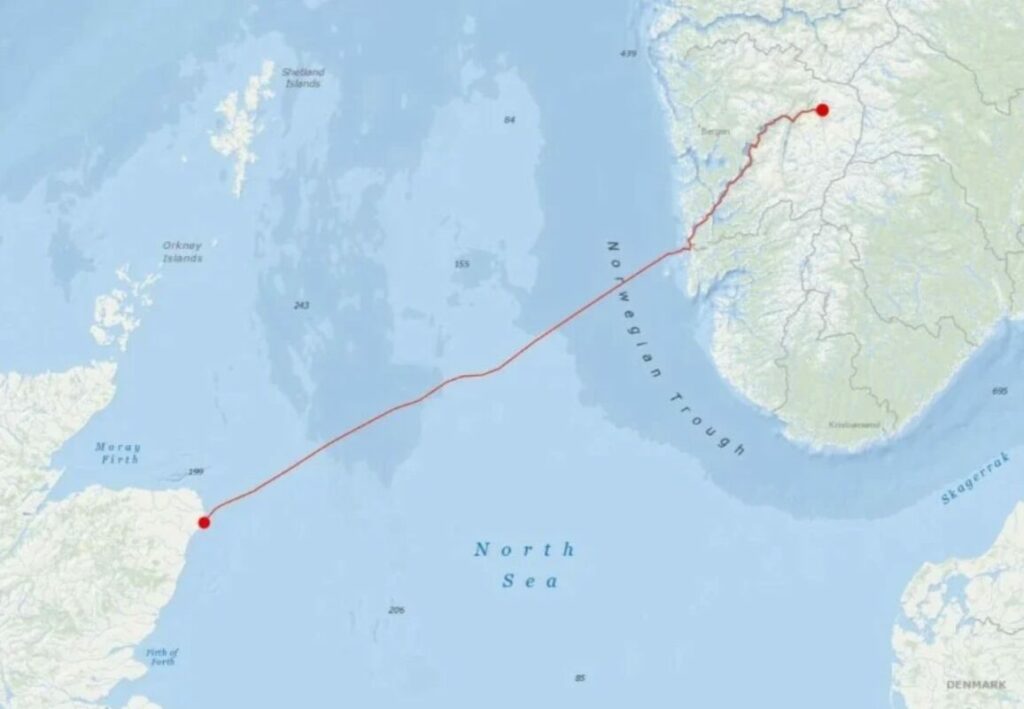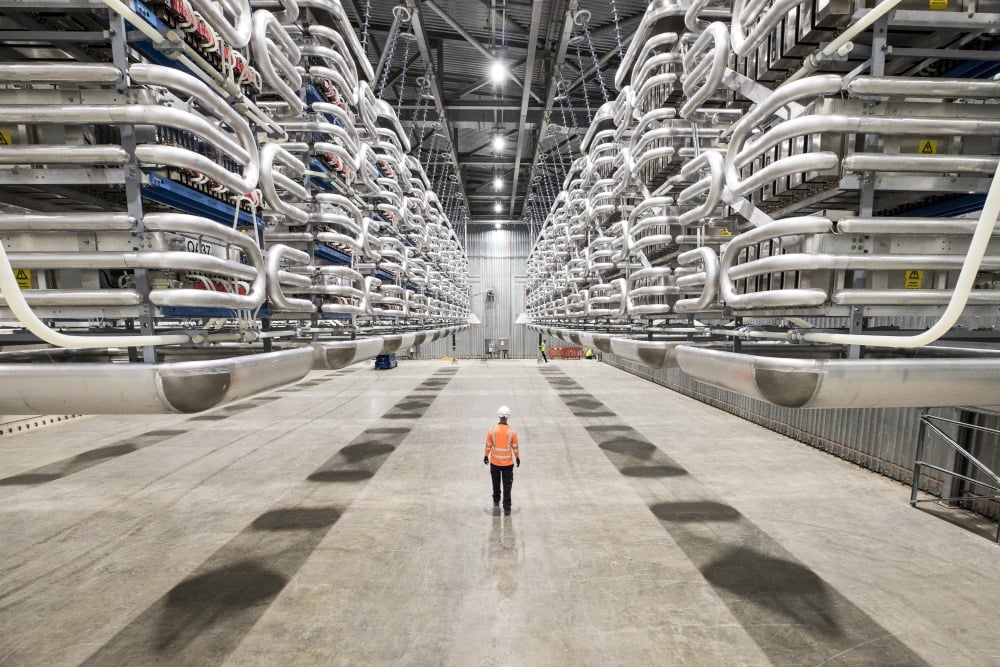A 1.4GW proposed interconnector, which was set to connect Scotland’s electricity network with Norway, has seen its license application refused by the Norwegian government.
The license, which has been refused by the Norwegian Ministry of Petroleum and Energy, will prevent the 650km interconnector from being developed, jeopardising the NorthConnect project – a joint venture between Norwegian companies Lyse, Agder Energi, Hafslund E-Co and Vattenfall.
NorthConnect, a €1.7 billion project (£1.49 billion), originally applied for a license to establish the HVDC interconnector in 2017.

Several factors have been highlighted as potentially detrimental to the Norwegian energy system resulting in the refusal of the licensing. This is despite the Norwegian Water Resources and Energy Directrate (NVE) having previously assessed the project deeming it socio-economically profitable.
Norway, which is pursuing its own energy security in light of the Russian invasion of Ukraine, cited that the project “does not contribute to increased security of supply in Norway and so the consideration of increased security of supply is not an argument that a license should be granted”.
“It is important for the government to ensure that we have a power system that meets the basic objectives of power supply at all times. We need the output capacity in hydropower and will not expose it to further export. In my opinion, the consequences of establishing a new overseas cable indicate that a license will not be granted for the project,” said Oil and Energy Minister Terje Aasland.
Scaling interconnector capacity could be crucial for the UK to achieve its net zero targets – particularly to become a net zero exporter by 2040 – a feat that had been achieved during periods of 2022.
Increasing interconnector capacity can both provide decarbonisation benefits in addition to market stabilisation by sharing power across markets. In January 2023, National Grid confirmed it had exported a total of 2.6TWh of power via the National Grid’s five subsea cables connected to France, Belgium, The Netherlands and Norway.
“We need to use Norwegian energy to build Norwegian industry and contribute to competitive prices in Norway. The experience gained from the last two foreign cables indicates that we should not plan for further exports now. That is why we say no to this private foreign cable,” said Research and Higher Education Minister Ola Borten Moe.
Despite this blow to UK interconnector capacity, the government signed an agreement with France last week to increase interconnection capacity between the two countries by up to two thirds.
The countries already share three interconnectors with a capacity for 4GW of electricity. Scaling these by two thirds would increase the capacity by 2.66GW to 6.66GW, subject to regulatory approval, and could prove pivotal in assuring energy security and supporting net zero prospects. The UK pre-established an aim to have at least 18GW of interconnection capacity by 2030.





